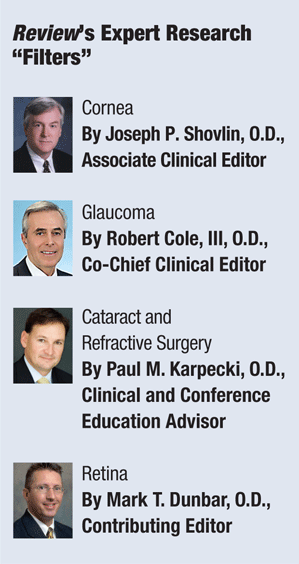I often wonder if the Internet has made the world a better place. We have more information, to be sure. But it’s not necessarily better information. In fact, some of it is completely false or fabricated. Anyone can post anything on the Internet.
President Barack Obama discussed this last May when he addressed graduates at a commencement speech at Hampton University. “You’re coming of age in a 24/7 media environment that bombards us with all kinds of content and exposes us to all kinds of arguments––some of which don’t rank all that high on the truth meter,” he said. “With iPods and iPads; Xboxes and PlayStations, information becomes a distraction, a diversion, a form of entertainment, rather than a tool of empowerment.”

Of course, many media outlets were enraged by the President’s commentary, but the question remains: Has information become a distraction? I suppose that often is the case. But, contrary to the President’s generalization, in the right hands, technology and information can be used properly as a “tool of empowerment.” The challenge, of course, is sifting though the rubbish to find the credible, relevant details that you seek.
I will grant you this: In many ways, the Internet has made life more difficult. It’s opened so many doors that we don’t know which to look behind first. But we are smart people who know that Google is not a source (just don’t try telling that to your patients when they inform you about the latest available treatments for whatever ails them).
We know, or are learning, how to find the diamond in the rough. That is the real challenge we are facing now—not the accessibility of too much information, but rather the time-consuming labor involved in filtering through it all. In fact, the President touched on this too:“With so many voices clamoring for attention on blogs, on cable, on talk radio, it can be difficult at times to sift through it all; to know what to believe; to figure out who’s telling the truth and who’s not. Let’s face it, even some of the craziest claims can quickly gain traction,” he said during the same address.
All of this got me thinking about ARVO because, while the association does an outstanding job of selecting abstracts for publication at their meeting, it is just too much for the average practitioner to absorb. Last year, ARVO selected hundreds of abstracts for attendees to choose from.
To that end, Review has put together what our team believes are ARVO’s Greatest Hits, so to speak. As in years past, we’ve selected four leading optometrists to read through all of the abstracts to provide you with a more digestible list and summary of what they believe will change the face of eye care in the years to come (see Review’s Expert Research “Filters”). It’s still a lot—but it’s a start.
Source:
www.huffingtonpost.com/2010/05/09/obama-at-hampton-universi_n_569258.html (accessed March 8, 2011).

